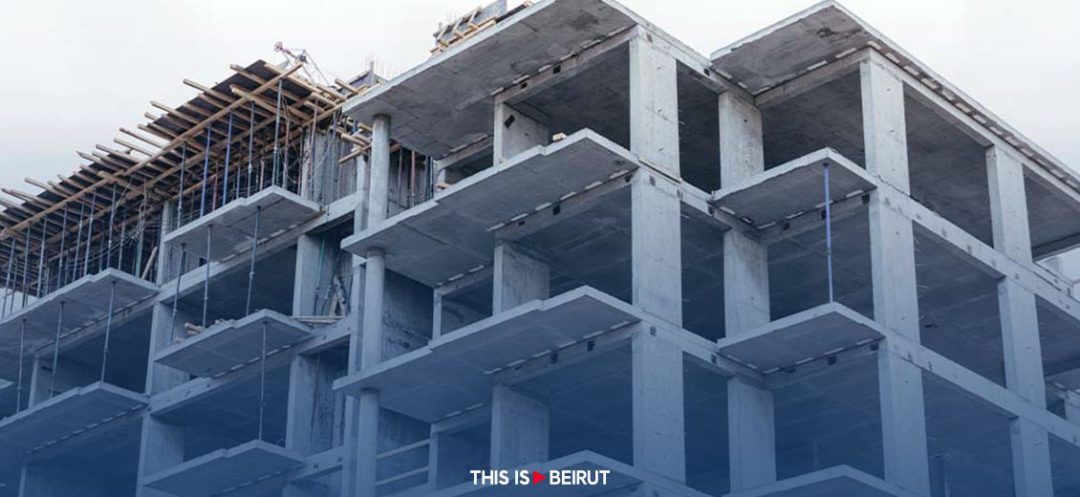
It's the deal of the moment: acquiring an apartment in Lebanon. An idea that seems bizarre given the advice raining down on you from all sides, without solicitation, urging you "not to invest a penny in this Lebanon that is drifting away."
The justification for our counter-advice is that current prices on the market are historically at rock bottom. Never before in the country's history, during peacetime, has there been such a crisis leading to a clearance sale of real estate.
The eternal creed, chanted like a hymn by professionals, has always been that prices never go down: "They rise for a while, then stabilize on a plateau, before rising again." That was their favorite marketing message. It happened that the market almost always proved them right. Not this time.
There are official figures, but even in normal times they were unreliable, so now... That doesn't prevent us from painting a little picture of the sector.
- First, there are almost no more new construction projects. The few offering new apartments are developers who were about to complete their project when the crisis erupted and, having pre-sold a few units, did not want to tarnish their reputation, preferring to cash in the remaining payments and liquidate the rest.
- It is true that the number of building permits increased in the early years of the crisis. However, this does not necessarily indicate a desire to build. It was mainly to take advantage of still moderate taxes and to enhance the property: a land with a granted building permit, that is also serviced (connected to water, electricity networks, etc.), is necessarily worth more.
As evidence, cement deliveries have fallen by 60% compared with our reference period (2017-2018). And it is mainly used to rehabilitate buildings, victims of wear or the August 4 explosion.
- As for real estate sales, there was a period of euphoria at the beginning of the crisis, when you could pay with lollar checks. But since then, the market has plunged, down to a quarter of our reference period. Moreover, half of these purchases concern land, probably offered with a good discount, which developers acquire for future development, one day.
- In reality, we are facing one of the most bizarre distortions of the market. Let's take the supply/demand tandem, the basic law of any market. First, where does the supply come from? These are essentially more or less old apartments, secondary or even primary residences of households that are running out of cash to pay for schooling, or hospital bills, or even meet essential needs. Or families that have simply packed up and left, hence the furniture included offers.
The price is then slashed beyond reason: square meters at $800-900 in Metn or Keserwan, where the average was around $1,500-1,800; offers at $1,500-2,000 in Ashrafieh when it was extremely difficult to break the $3,000 threshold. Social media is full of these tempting offers. There are only a few rare pearls, in Fakra, Sursock, or Raoucheh, that relatively escape this fall.
- But why can we call this an abnormal clearance sale, thus justifying our advice, if we admit the principle that a fair price is always the one determined by what the market decides? The reason is simply that these proposed prices are below the construction cost if these housing units were to be built today.
- Now, where does the demand come from? First, it is anemic because housing credit, which was the basis of 80% of transactions, no longer exists. There remain a few wealthy individuals, sometimes drawing their money from abroad, who thus seize a good opportunity to acquire a discounted property, thinking that after all it remains a solid asset, even if the circumstances are calamitous.
Then we add those who have accumulated a mass of liquid money, honestly or not, and don't know what to do with it, not trusting neither their local bank nor their domestic safe. They then find an easy subterfuge in buying a real estate property with these more or less clean wads. Optionally, they can be resold for the same price, but against a bank transfer, presenting to the bank a land registry certificate. And the trick is done: the money, even dirty at the origin, becomes immaculate, and if necessary transferable abroad, which was impossible before.
In this regard, we recall this famous sectoral adage, "When construction is doing well, everything is going well" – a way of saying that the construction business involves 60 trades, according to the French count. Well, it is the other way around today: when construction is not doing well, it is yet another part of the economy that is blocked. But, frankly, who is still counting...
Read more




Comments